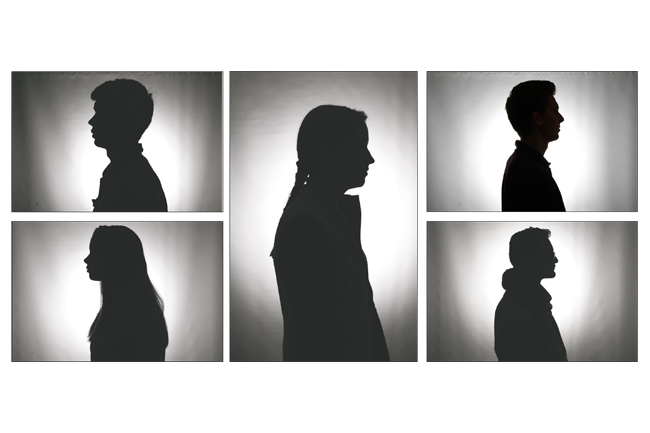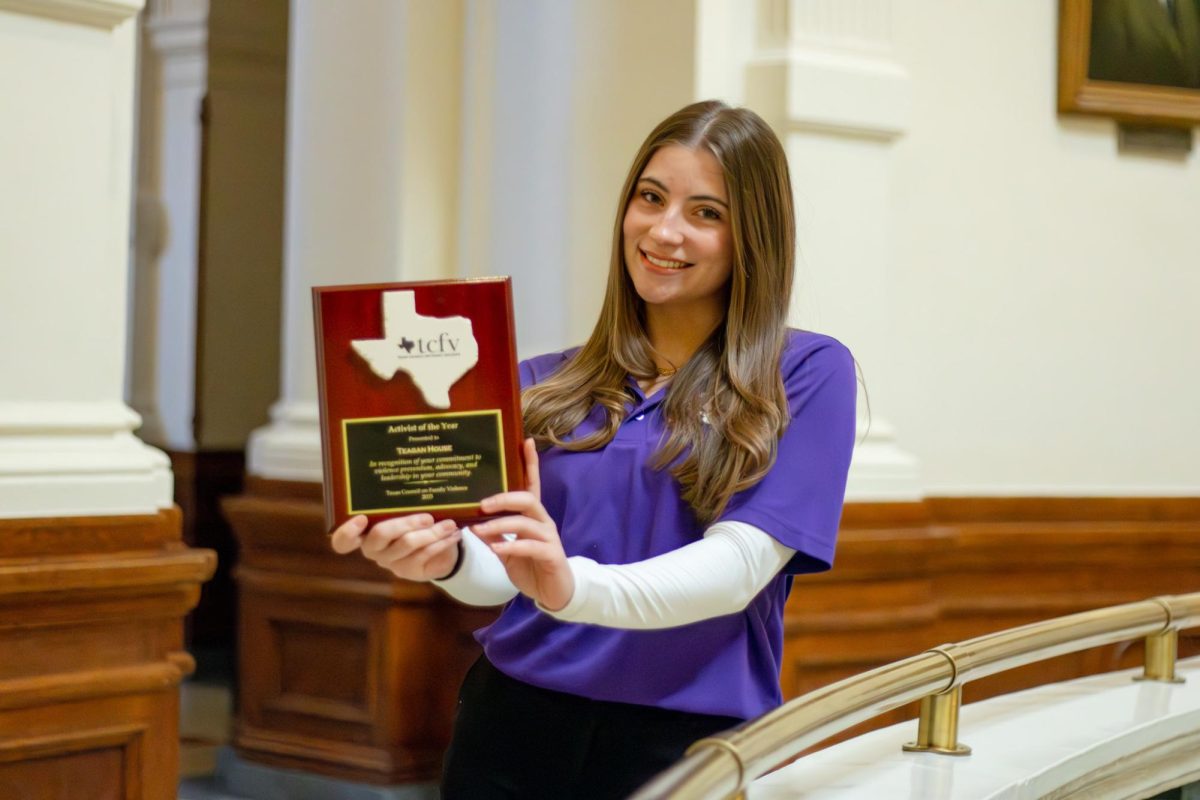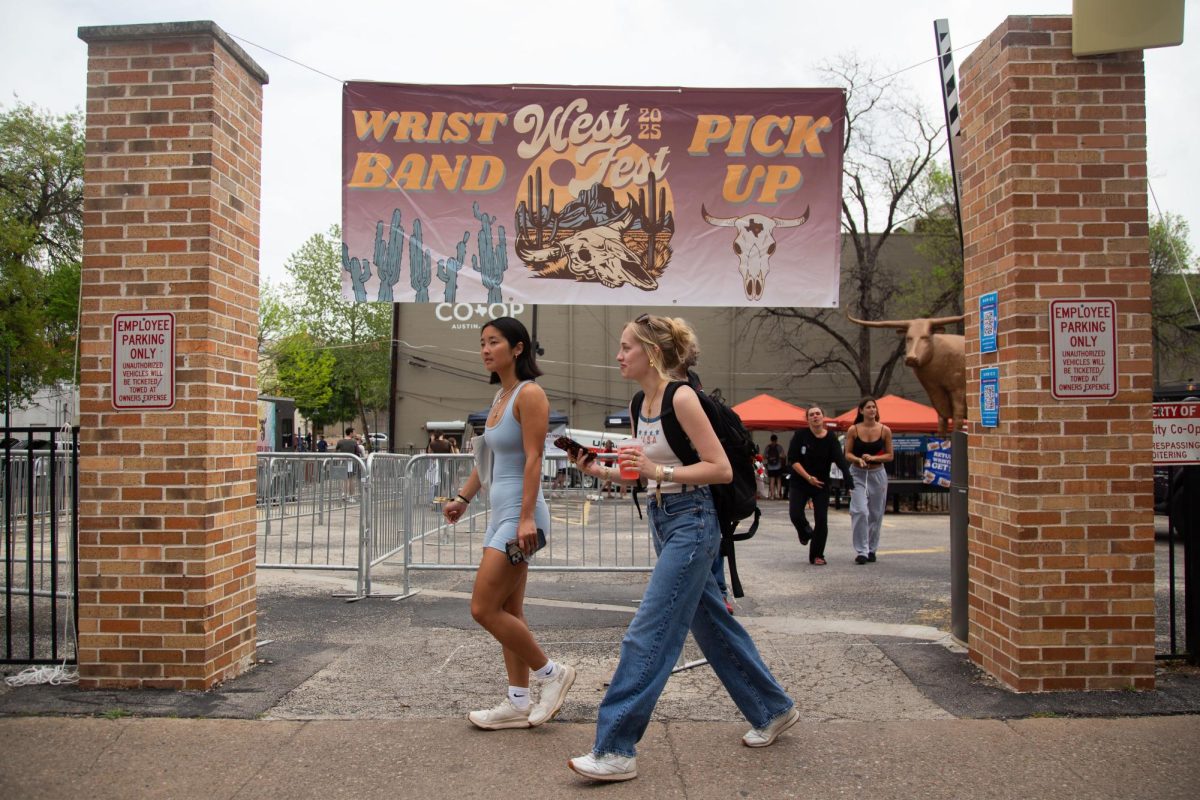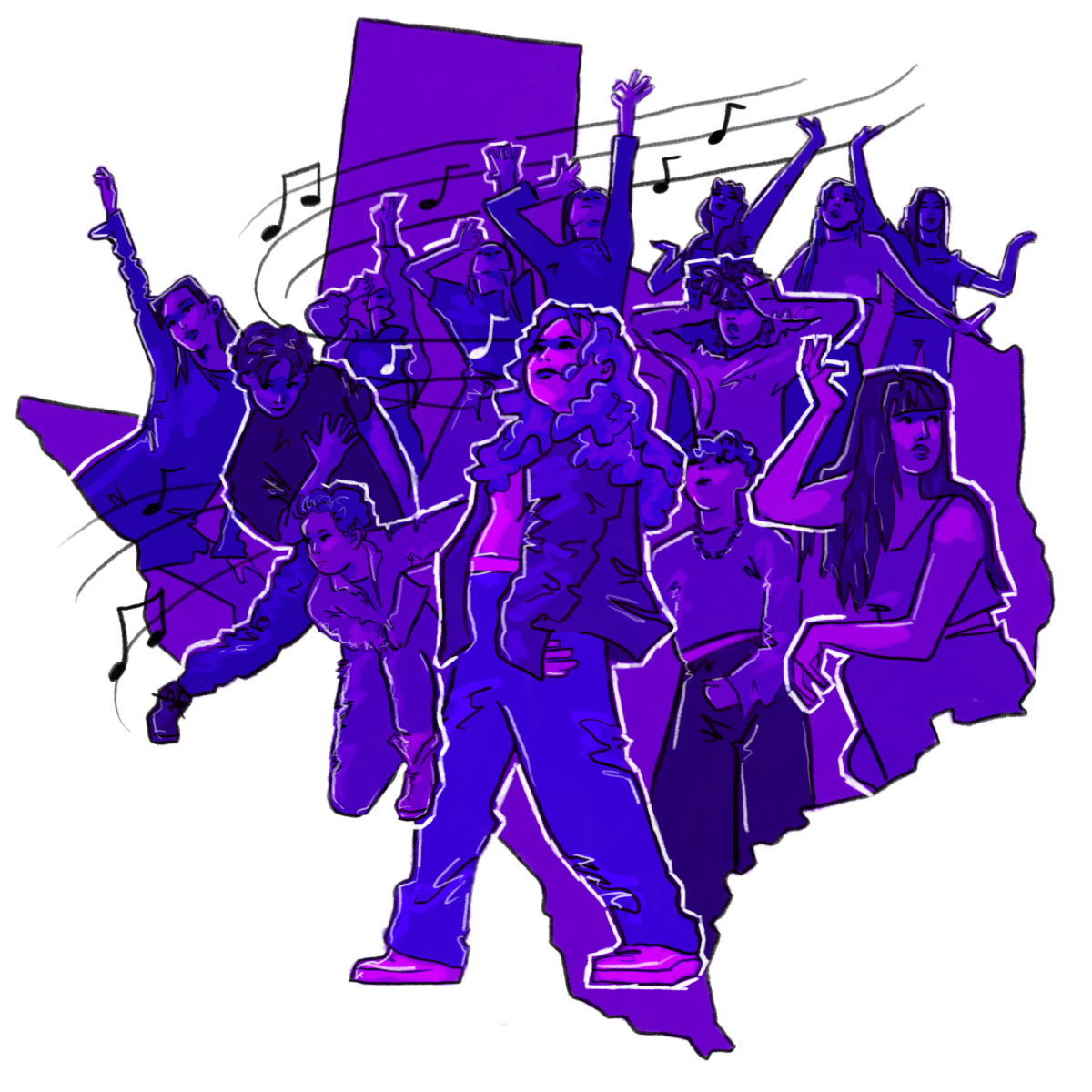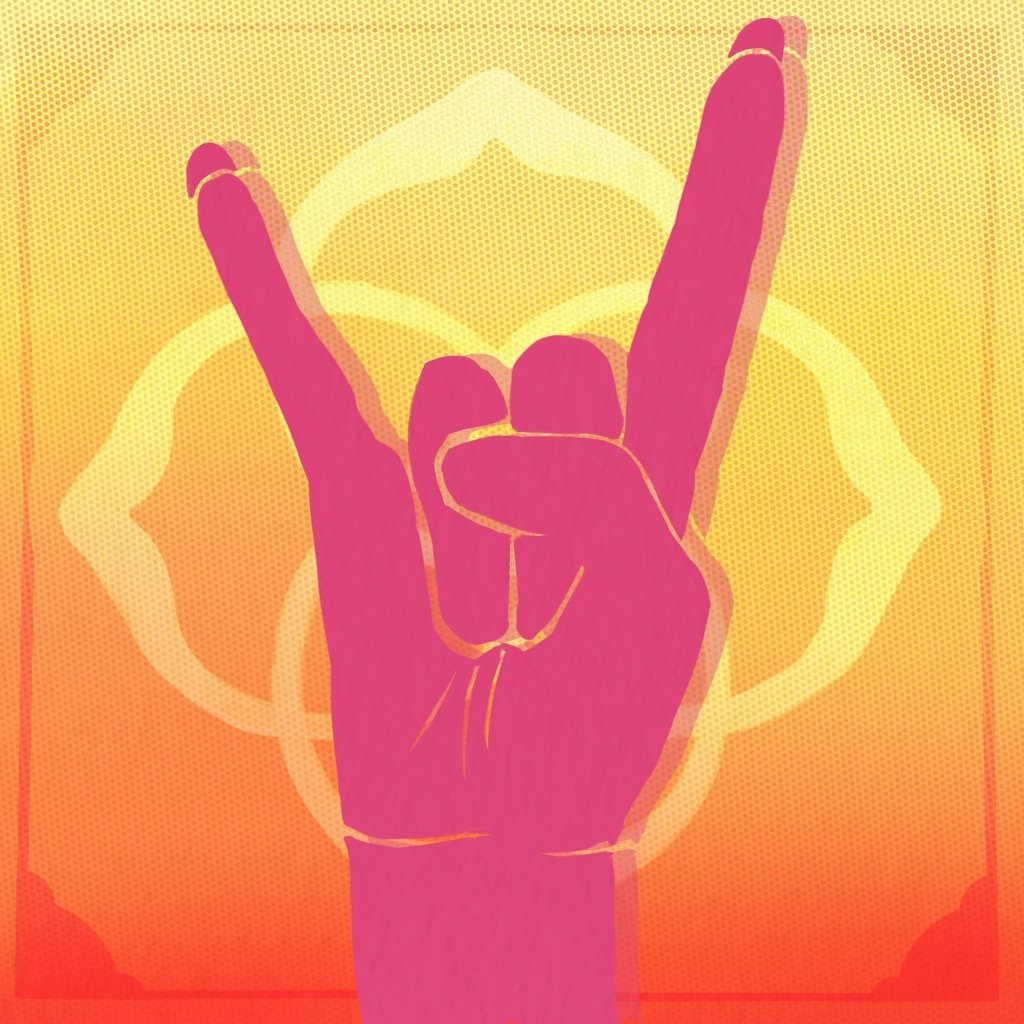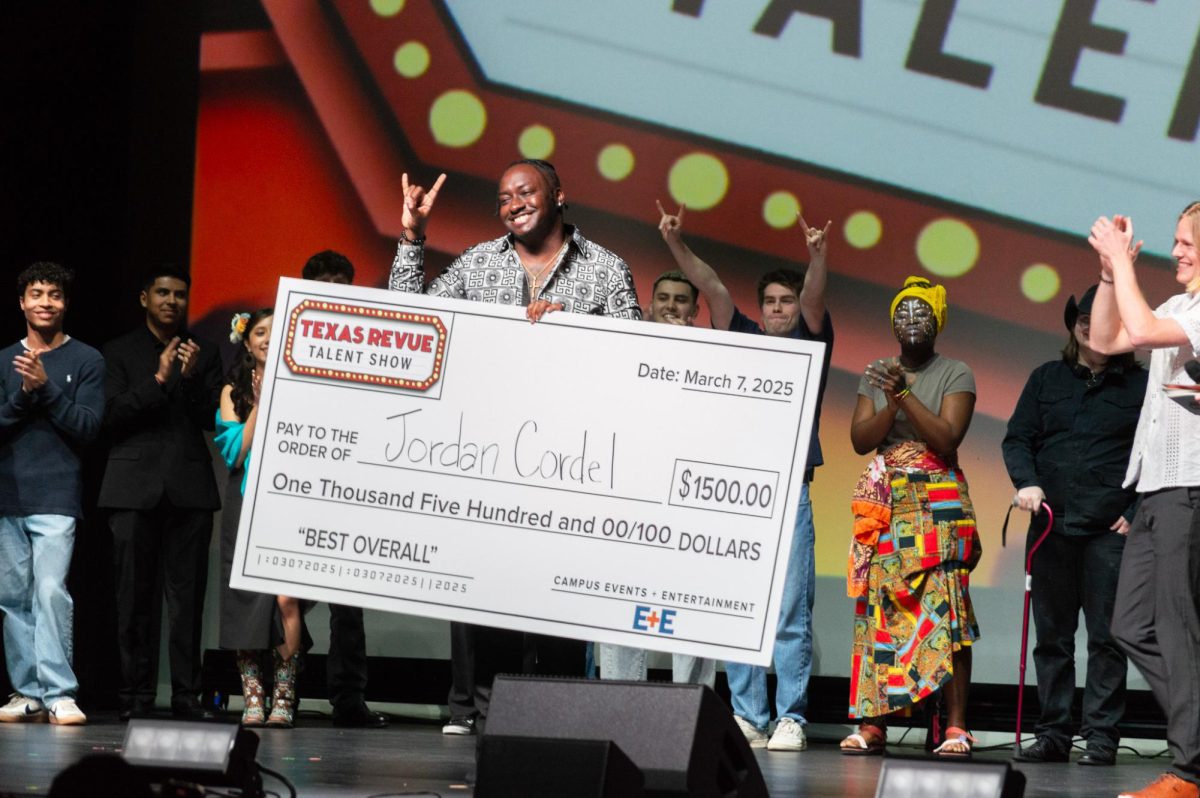UT sophomore Nathan was waiting to cross the street by McCombs when someone called out to him. Mark was a stranger, drunk and asking for a kiss. When Mark confided he was questioning his sexuality, Nathan, who is gay, took sympathy on him. He understood what it was like to be confused.
He offered to sit and talk with Mark and on a bench in a well-lit area. During their conversation, Mark kept making advances toward Nathan — kissing him, groping him, grabbing him.
“He started feeling me up,” Nathan said. “He was stroking my thighs and my penis, and I moved his hand away. I told him to stop and he would keep doing it. I was persistent. I got up and started walking away, but he started following me.”
When Nathan saw one of his friends walking down the street, it was his way out.
He called out to his friend and offered to help him with some of the things he was carrying. Mark didn’t get the hint. He followed them back to their dorm, but after heading upstairs, Mark finally left.
“It could’ve been a lot worse, but I don’t think I should undermine what happened,” Nathan said. “It made me feel very scared. I didn’t think it would affect me as much as it did.”
In the following weeks, Nathan couldn’t even bring himself to walk past where it happened. He didn’t feel safe anymore, but he didn’t feel like he could report it. He said he finally gained closure while researching male sexual assault for a class project. He realized it was a stigmatized but prevalent issue among men, especially in the gay community, where gay men are almost twice as likely to experience sexual violence than their straight counterparts.
“I think if there wasn’t such a big stigma around men, whether they’re gay or straight, I would’ve sought help,” Nathan said. “It needs to be spoken about and treated with the same level of respect and care.”

